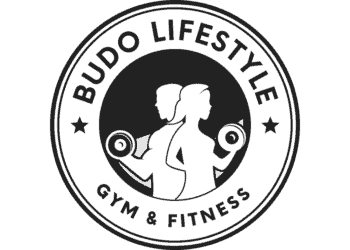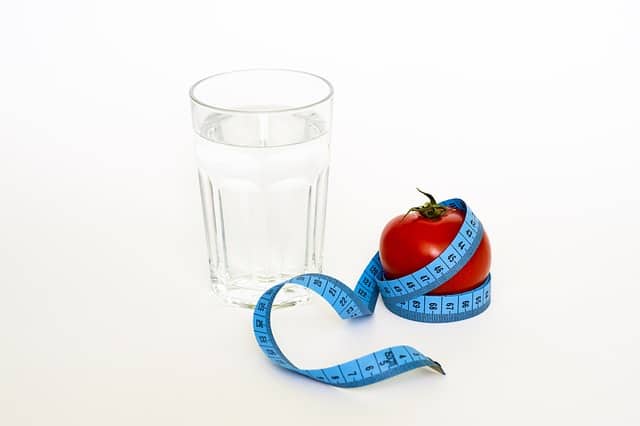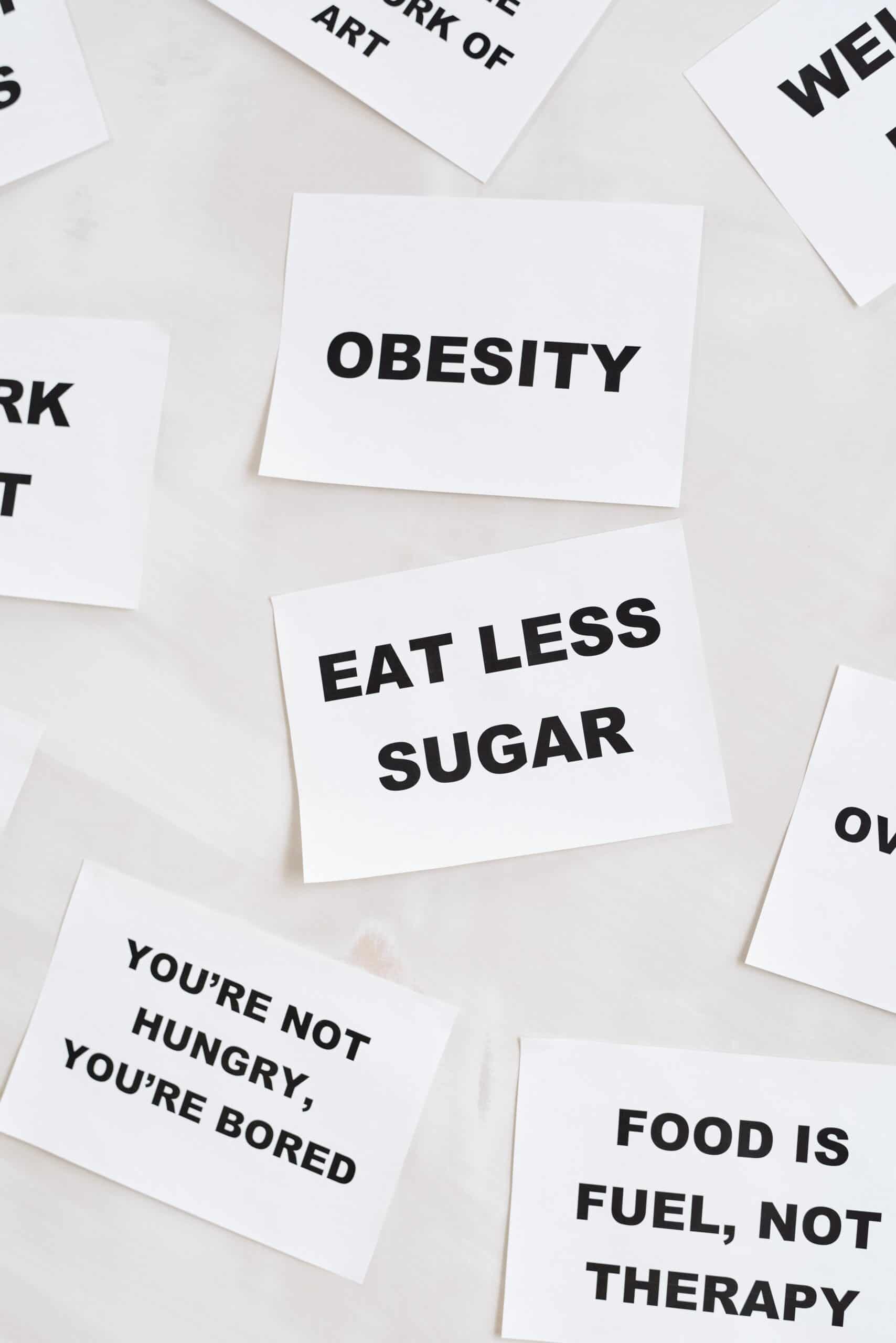Protein is an essential macronutrient that helps the body grow and repair itself. It is also important for maintaining muscle mass, bone health, and a healthy immune system. Eating enough protein is important for overall health and well-being, but it can be difficult to make sure you are getting enough. To ensure you are getting enough protein in your diet, it is important to choose foods that are high in protein, such as lean meats, eggs, dairy, nuts, seeds, tofu, and legumes.
Also, adding protein powder to foods like oatmeal, smoothies, and baked goods can help boost your protein intake. It is also important to spread your protein intake out over the course of the day, rather than getting all of your protein from one meal. Finally, eating a variety of proteins from both plant and animal sources can help ensure you are getting all of the essential amino acids your body needs. By following these tips, you can make sure you are getting enough protein to support your health and fitness goals.
Healthy fats are an essential part of a balanced diet. Not only can they provide essential fatty acids that the body needs. But they can also help maintain healthy cholesterol levels, reduce inflammation, and provide a source of energy. Unsaturated fats, like those found in nuts, seeds, fish, and certain plant oils, are considered the healthiest. These fats are liquid at room temperature and are known to help reduce the risk of heart disease, stroke, and diabetes.
Monounsaturated fats, found in avocados, olives, and olive oil, are also considered healthy and can help reduce inflammation, lower cholesterol, and protect against certain types of cancer. Polyunsaturated fats, like those found in fatty fish, flaxseed, and walnuts, are also beneficial for health. They are known to help reduce inflammation and lower cholesterol levels. Trans fats, which are found in processed and fried foods, should be avoided as they can increase the risk of heart disease and other health problems.

In order to get the most benefit from healthy fats, it is important to choose the right types, limit unhealthy fats, and include them as part of a balanced diet.
Whole grains are an important part of a healthy diet. As they are a great source of essential vitamins, minerals, and fiber. Whole grains are also a low-calorie, nutrient-dense food, which means they provide a variety of vitamins, minerals, and other beneficial compounds, as well as a modest amount of calories. Whole grains are also beneficial for weight management. As they are a filling food that can help you stay fuller for longer, leading to fewer cravings and fewer calories consumed overall.
When incorporating whole grains into your diet, start by gradually replacing refined grains with whole grains in your favorite recipes – such as swapping white pasta for wheat pasta, or white rice for brown rice. You can also try adding whole grains to your favorite dishes for added flavor and texture, such as adding quinoa to salads, or barley to soups. Additionally, look for recipes that use whole grains as the main ingredient, such as whole-grain bread, crackers, and breakfast cereals. Lastly, look for products that are labeled as “whole grain” or “whole wheat”, as these are guaranteed to contain only whole grains.
Incorporating whole grains into your diet is an easy way to get more essential vitamins, minerals, and fiber into your diet. Adding whole grains to your favorite dishes can also add flavor, texture, and nutritional benefits. Keep an eye out for products labeled as “whole grain” or “whole wheat”, and look for recipes that use whole grains as the main ingredient for even more benefits.
Including a variety of vegetables and fruits in your diet can be an important part of maintaining a healthy lifestyle. Fruits and vegetables provide essential vitamins, minerals, and fiber, as well as other beneficial compounds like phytonutrients. Eating a wide variety of fruits and vegetables can provide a range of health benefits, from reducing your risk of developing certain chronic diseases to improving your overall health and well-being. While it is important to include a variety of fruits and vegetables in your diet, it is also important to choose the right type of produce.
Choose fresh, locally grown, organic fruits and vegetables when possible, as these are typically more nutrient-dense than their processed or frozen counterparts. Additionally, try to select a variety of colors, textures, and flavors to make your meals more interesting and enjoyable. Aim to eat a variety of fruits and vegetables each day, and remember that canned, dried, and frozen fruits and vegetables can be just as nutritious as their fresh counterparts.




